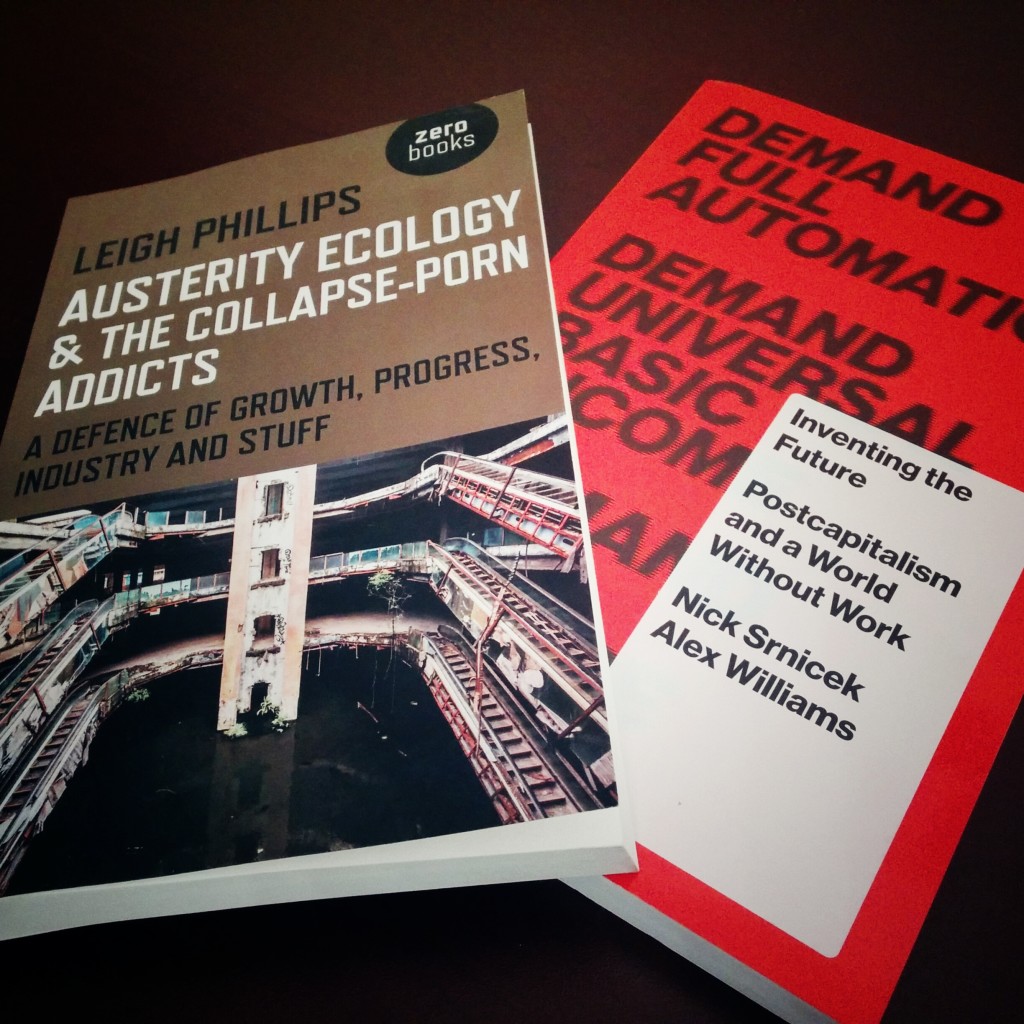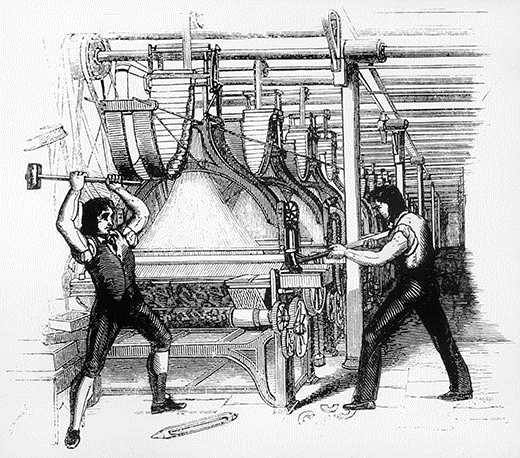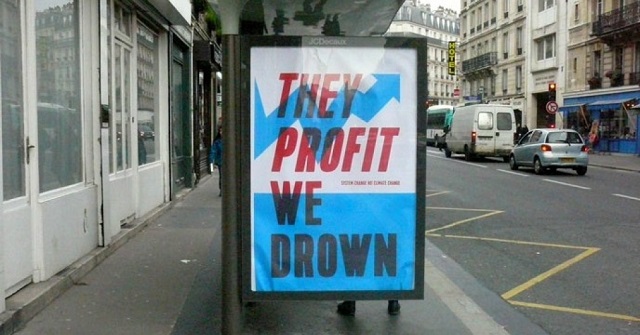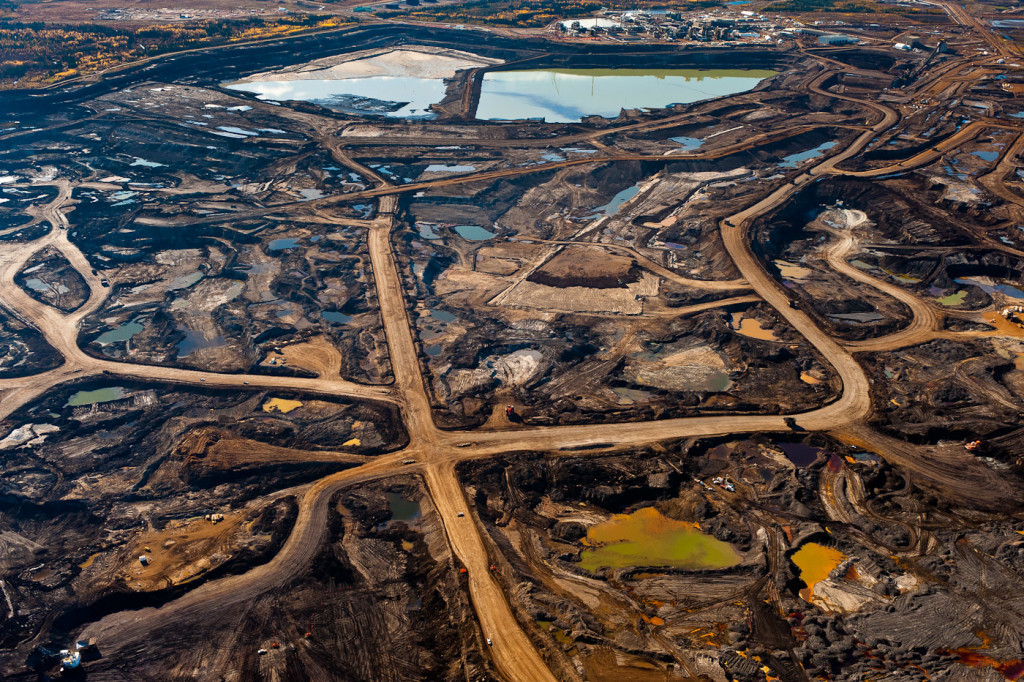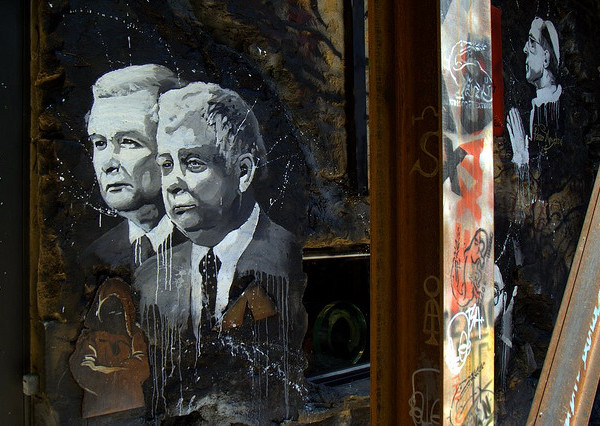Last week, I interviewed Oscar Reyes on the background to and likely outcomes of the climate talks in Paris just wrapping up. His answers were prescient as the talks look set to deliver a decidedly insufficient agreement, one that locks in more warming shrouded in lofty rhetoric. This interview gives context to the talks and the perspective for the continued fight for climate justice.
Oscar is a Barcelona-based climate policy researcher. He works with the Institute for Policy Studies and has also been affiliated with the Transnational Institute; he has a long history of excellent critical writing and activism on climate issues.
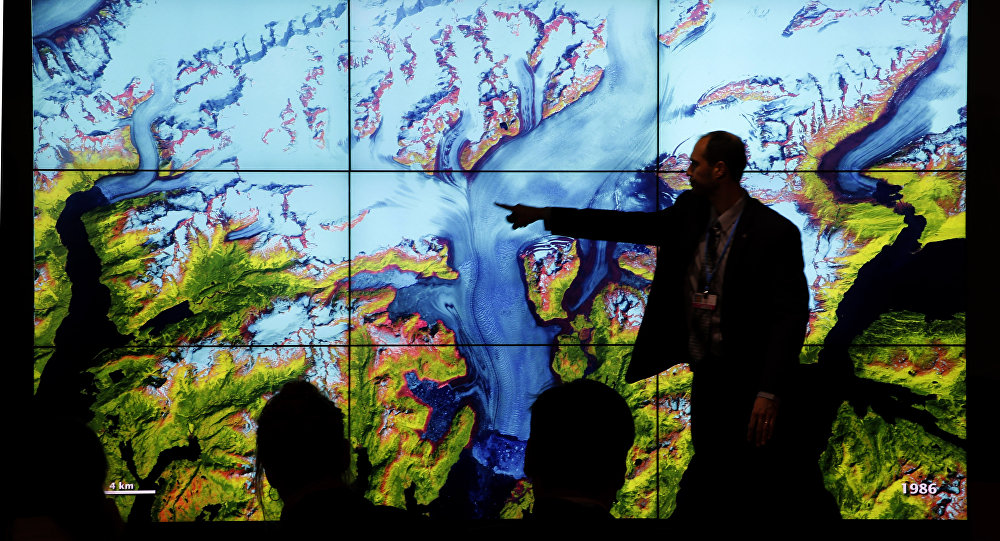
Michal Rozworski: What concretely is going to be debated, and what are its limits?
Oscar Reyes: In Paris, countries are trying to create a protocol that will replace the Kyoto Protocol from 1997. The Kyoto Protocol put some limits on emissions, but at the same time it brought in carbon markets and created lots of loopholes.
Is this deal going to do better than Kyoto? My guess is no. Every country will make a statement about what they want to do to reduce emissions. We know that the collective action of countries is meant to restrict warming to 2 degrees or even 1.5 degrees. What’s promised is not going to meet that target. The better outcome would be some kind of mechanism for increasing those later.
Another key piece of the COP21 talks is finance. If countries in the Global South are to not follow the kind of fossil-fuel-intensive development of the North, there needs to be some cash resources to help that transition. Under the UN climate convention, developed countries are supposed to pay these additional costs, but we know that they aren’t intending to.
They’ve started talking about a figure of around $100 billion per year, and they’re nowhere near even that. So there’s a scramble now to come up with different ways of counting this $100 billion without doing much extra, which given global flows of infrastructure investment and finance won’t be too hard.
On the other side, we have the G77, the largest grouping of developing countries, which has said this is not an acceptable definition. We’ll see where this goes but finance will be a key part of the talks.
Is there any concerted pressure from the Global South to really start shifting both rhetoric and policies at this official level this time around?
